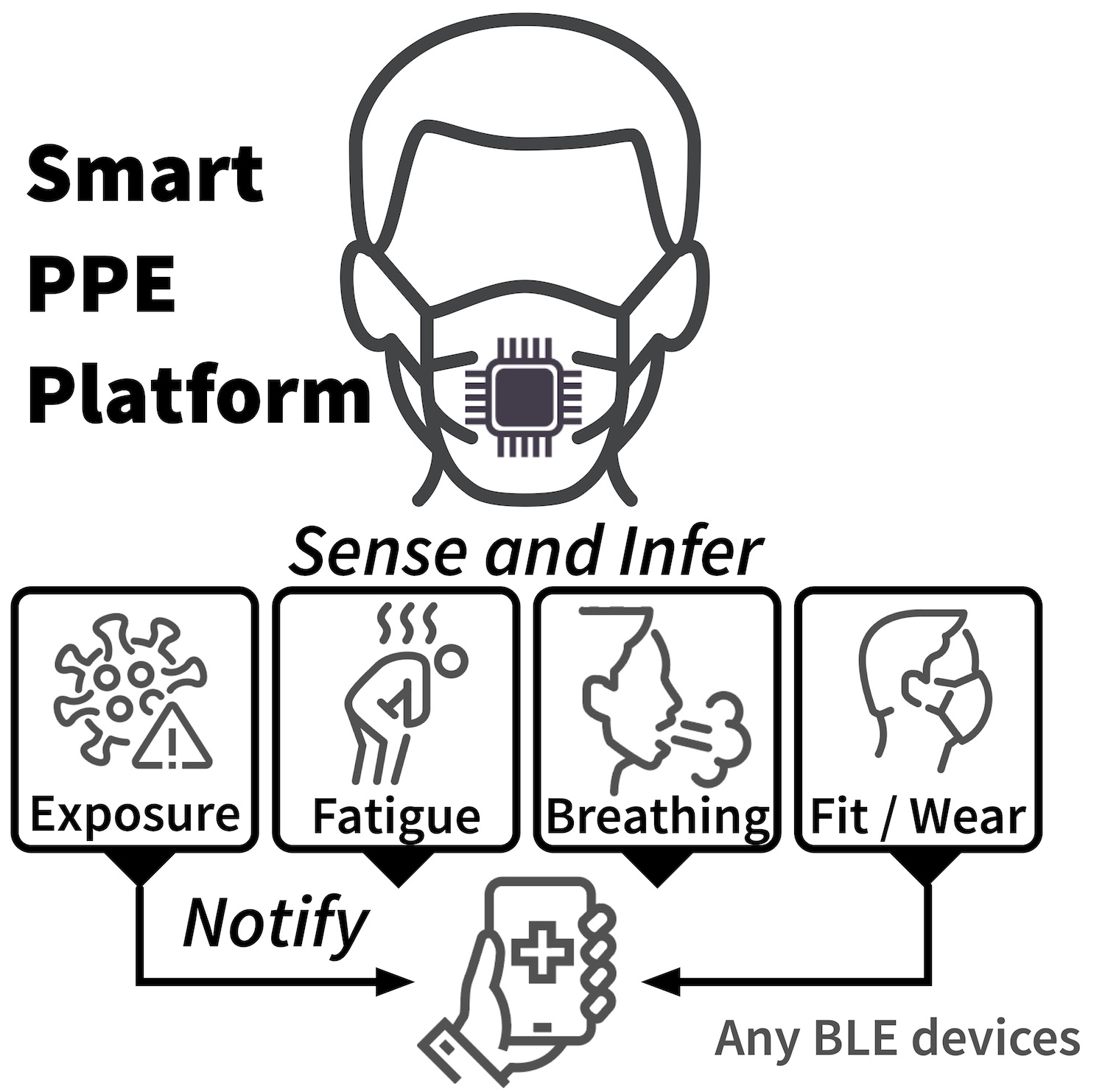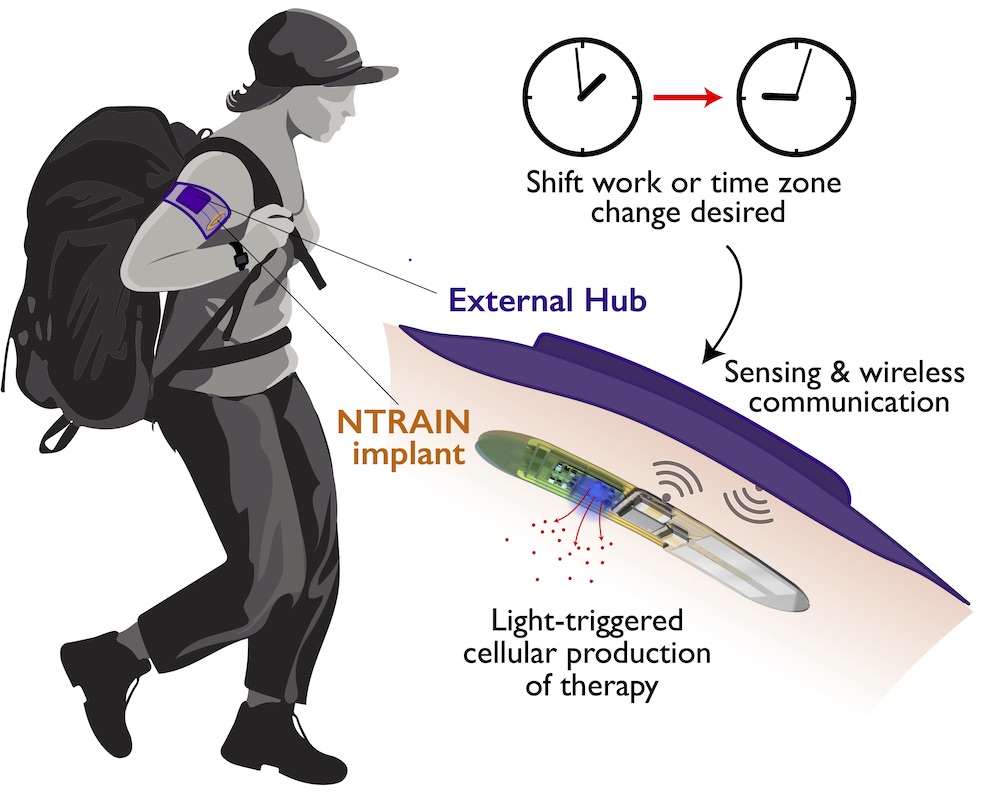Lab News
Press Highlights: Popular Science, Scientific American,
Bulletin of the Atomic Scientists,
Independent, The Wall Street Journal,
CNET,
Communications of the ACM,
BBC Newsday,
Smithsonian,
Guinness Book of World Records,
Seeker,
ACM Tech News.
(04/2022) ACM Tech News covers our work on battery-free MakeCode.
(02/2022) Prof. Hester won his NSF CAREER Award on Intermittent Computing.
(02/2022) National Science Foundation News covers our FaceBit project!.
(02/2022) Prof. Hester named a Sloan Fellow in Computer Science!
(01/2022) Quoted in the Washington Post about FaceBit and the future of excercise.
(01/2022) Live interview with Sylvia Perez on Good Day Chicago (FOX32) about FaceBit!
(01/2022) FaceBit, our smart face mask, covered by Scientific American,
TechCrunch, and
Gizmodo!
(11/2021) Prof. Hester featured in the Bulletin of the Atomic Scientists for sustainable computing!
(10/2021) Prof. Hester named Outstanding Young Alumni by Clemson University Engineering!
(09/2021) Named to the Brilliant 10 by Popular Science for powering electronics without batteries!
(09/2021) Battery-free Game Boy wins a Distinguished Paper Award at IMWUT/UbiComp 2021!
Lab Director Biography
Josiah Hester Josiah Hester is the Breed Chair of Design and Assistant Professor of Computer Engineering at Northwestern University. He works in intermittent computing and battery-free embedded computing systems. He applies his work to health wearables, interactive devices, and large-scale sensing for sustainability and conservation, supported by multiple grants from the NSF, NIH, and DARPA. He won a Sloan Fellow in Computer Science and the NSF CAREER award in 2022. He was named one of Popular Science’s Brilliant Ten, won the American Indian Science and Engineering Society Most Promising Scientist/Engineer Award and the 3M Non-tenured Faculty Award in 2021. His work has received six Best Paper type Awards and seven Best Presentation type Awards, and been featured in the Wall Street Journal, Scientific American, BBC, Popular Science, Communications of the ACM, the Guinness Book of World Records, among many others.
Research Overview
We hold the vision that the untethered computing devices—wearables, implantables, energy harvesting sensors—hold significant promise for revolutionizing global scale applications across healthcare, environmental stewardship, infrastructure management, and space exploration.
Our research is concerned with the underlying computer systems principles, human factors, and behavioral issues that arise by bringing this vision to reality. We explore and develop radically new hardware designs, software techniques, tools, and programming abstractions so that developers can easily design, debug, and deploy intricate energy aware applications that work in spite of frequent power failures, constrained resources, and unpredictable conditions.
Research Approach: We build fully integrated, end-to-end computer systems to demonstrate the efficacy of the underlying scientific advancement we are concerned with. We run physical experiments to validate our hypothesis on hard benchmarks. We run user studies in the wild to test our sensing technologies, gathering quantitative and qualitative results that inform future work and guard against failures.












